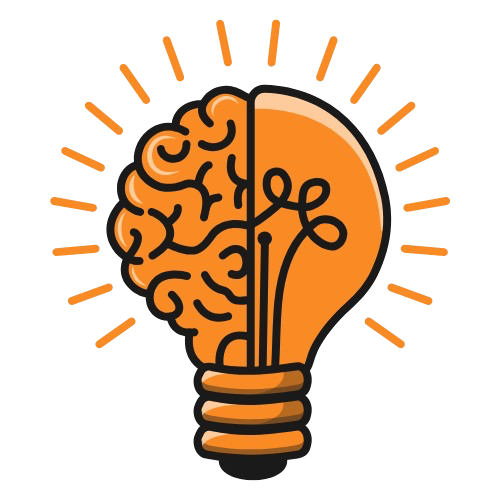What happens when children reach puberty earlier and adulthood later? The answer is: a good deal of teenage weirdness.
A
Alison Gopnik
Profession:
Unknown
Born:
June 16, 1955
Nationality:
American
Quotes by Alison Gopnik
Showing 22 of 72 quotes
One of the most distinctive evolutionary features of human beings is our unusually long, protected childhood.
—
Alison Gopnik
What, of course, we want in a university is for people to learn the skills they're going to need outside the classroom. So, having a system that had more emphasis on inquiry and exploration but also on learning and practising specific skills would fit much better with how we know people learn.
—
Alison Gopnik
One of the things I say is, 'You want to know what it's like to be a baby? It's like being in love for the first time in Paris after four double espressos.' And boy, you are alive and conscious.
—
Alison Gopnik
The thing that is most important is having people who are involved and engaged with the kids and also are not stressed and can be involved with them. And that's actually not boring and banal. That actually takes a lot of work to make that happen, and it's not something that our society does very well at all.
—
Alison Gopnik
In most places and times in human history, babies have had not just one person but lots of people around who were really paying attention to them around, dedicated to them, cared to them, were related to them. I think the big shift in our culture is the isolation in which many children are growing up.
—
Alison Gopnik
One of the best ways of understanding human nature is to study children. After all, if we want understand who we are, we should find out how we got to be that way.
—
Alison Gopnik
On the Web we all become small-town visitors lost in the big city.
—
Alison Gopnik
Texts and e-mails travel no faster than phone calls and telegrams, and their content isn't necessarily richer or poorer.
—
Alison Gopnik
The radio was an improvement on the telegraph but it didn't have the same exponential, transformative effect.
—
Alison Gopnik
The best scientific way to discover if one factor influences another is to do a controlled experiment.
—
Alison Gopnik
Teaching is a very effective way to get children to learn something specific - this tube squeaks, say, or a squish then a press then a pull causes the music to play. But it also makes children less likely to discover unexpected information and to draw unexpected conclusions.
—
Alison Gopnik
Developmental scientists like me explore the basic science of learning by designing controlled experiments.
—
Alison Gopnik
Becoming an adult means leaving the world of your parents and starting to make your way toward the future that you will share with your peers.
—
Alison Gopnik
What teenagers want most of all are social rewards, especially the respect of their peers.
—
Alison Gopnik
The science can tell you that the thousands of pseudo-scientific parenting books out there - not to mention the 'Baby Einstein' DVDs and the flash cards and the brain-boosting toys - won't do a thing to make your baby smarter. That's largely because babies are already as smart as they can be; smarter than we are in some ways.
—
Alison Gopnik
I'm afraid the parenting advice to come out of developmental psychology is very boring: pay attention to your kids and love them.
—
Alison Gopnik
We learn differently as children than as adults. For grown-ups, learning a new skill is painful, attention-demanding, and slow. Children learn unconsciously and effortlessly.
—
Alison Gopnik
I think universities are trying to figure out how we could use what we know about learning to change our education system, but it is sort of funny that they don't necessarily seem to be consulting the people who are sitting right there on campus.
—
Alison Gopnik
Adults often assume that most learning is the result of teaching and that exploratory, spontaneous learning is unusual. But actually, spontaneous learning is more fundamental.
—
Alison Gopnik
Asking questions is what brains were born to do, at least when we were young children. For young children, quite literally, seeking explanations is as deeply rooted a drive as seeking food or water.
—
Alison Gopnik
For better or worse, we live in possible worlds as much as actual ones. We are cursed by that characteristically human guilt and regret about what might have been in the past. But that may be the cost for our ability to hope and plan for what might be in the future.
—
Alison Gopnik
